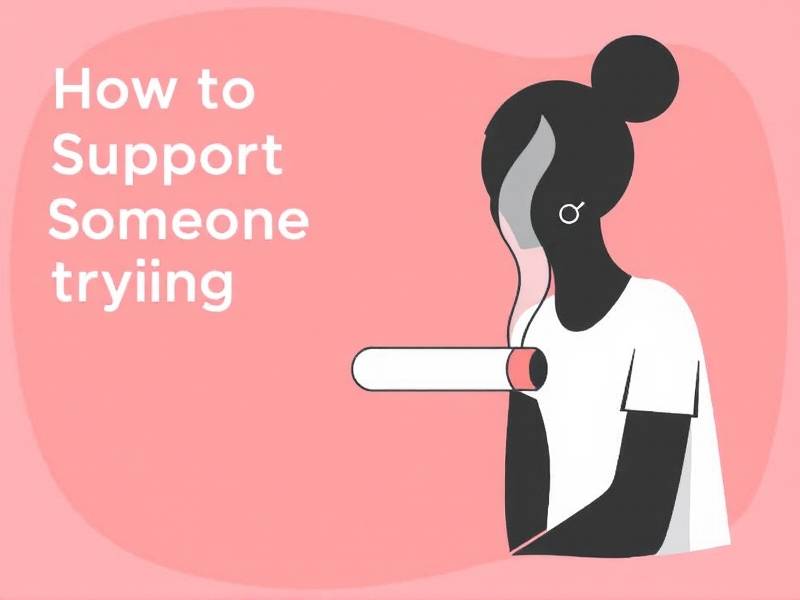How to Effectively Support Someone Trying to Quit Smoking: Practical Tips and Strategies
How to Effectively Support Someone Trying to Quit Smoking: Practical Tips and Strategies
Introduction: Quitting smoking is a challenging endeavor, but with the right support, individuals can increase their chances of success. As a supportive friend or family member, your role is crucial in helping someone navigate this difficult journey. This article provides practical tips and strategies to effectively support someone trying to quit smoking.
Understanding the Challenges

-
Acknowledge the Difficulty: Recognize that quitting smoking is a significant challenge for the individual. Understand that relapse is common and part of the process.
-
Empathize with Their Struggles: Put yourself in their shoes and try to understand the physical and emotional struggles they face while quitting.
Providing Emotional Support

-
Be Patient and Understanding: Patience is key when supporting someone trying to quit smoking. Understand that progress may be slow, and setbacks are inevitable.
-
Offer Encouragement: Encourage them regularly and celebrate small victories along the way. Positive reinforcement can make a big difference in their motivation.
-
Listen Actively: Be an active listener by providing a safe space for them to express their concerns, frustrations, or fears without judgment.
Practical Tips for Daily Life
-
Create a Smoke-Free Environment: Encourage them to avoid situations where they are exposed to secondhand smoke or triggers that make them crave cigarettes.
-
Develop Healthy Habits: Encourage them to replace smoking with healthy habits such as exercise, meditation, or hobbies that keep their mind occupied.
-
Provide Resources: Offer resources such as nicotine replacement therapy (NRT), prescription medications, or counseling services that can help ease withdrawal symptoms.
Strategies for Dealing with Cravings
-
Identify Triggers: Help them identify specific triggers that lead to cravings and develop strategies to cope with them effectively.
-
Distraction Techniques: Teach them techniques like deep breathing, mindfulness exercises, or engaging in physical activity when cravings strike.
-
Seek Professional Help: If they find it challenging to manage cravings on their own, encourage them to seek professional help from a therapist or counselor specializing in addiction treatment.
Conclusion:
Supporting someone trying to quit smoking requires empathy, patience, and practical strategies tailored to their needs. By being there for them during this challenging time, you can play a vital role in their journey towards a smoke-free life. Remember that quitting smoking is not just about overcoming physical addiction; it's also about overcoming psychological barriers and building new habits that promote long-term health and well-being.
